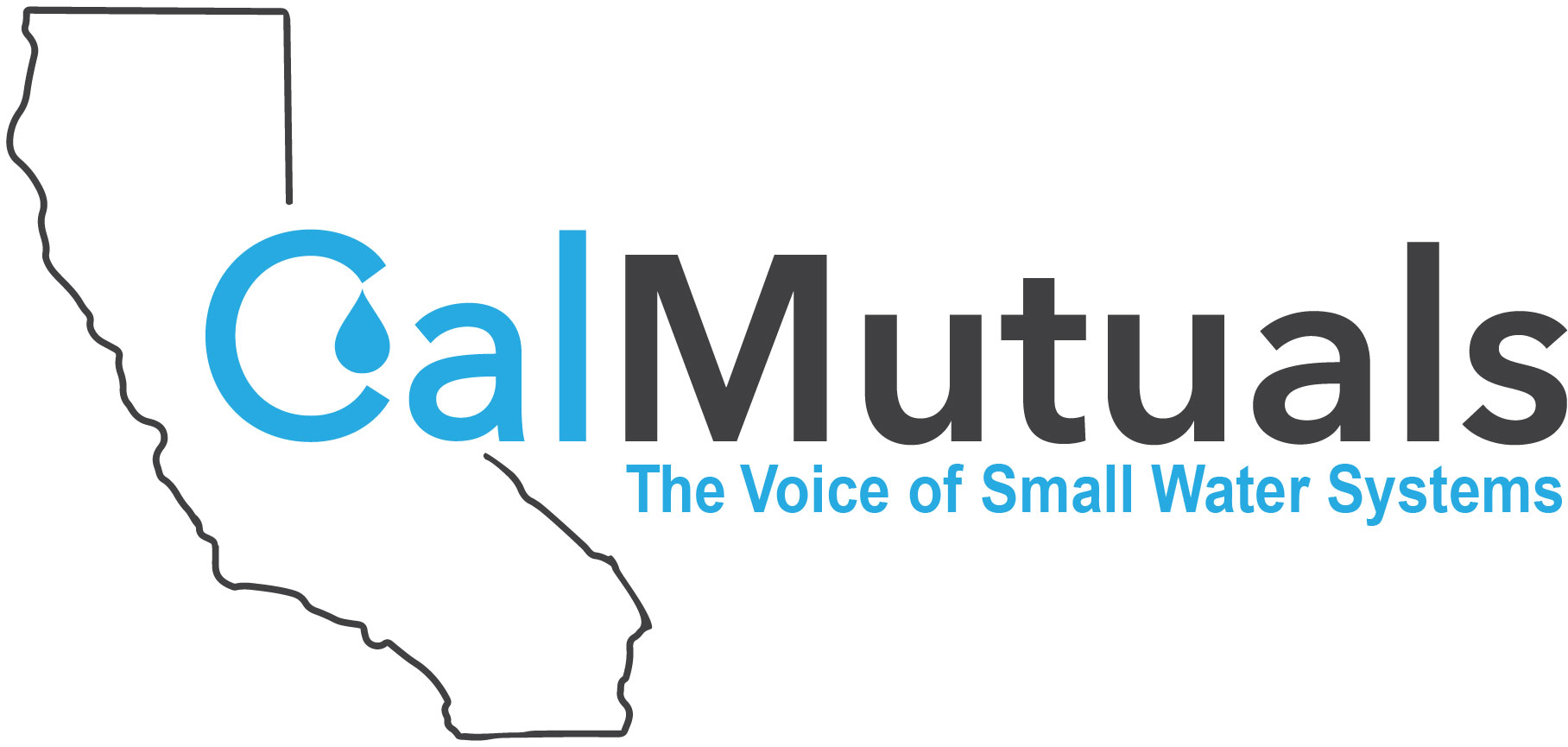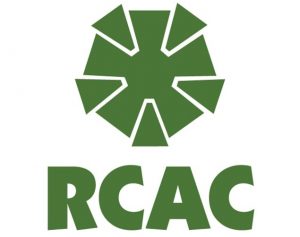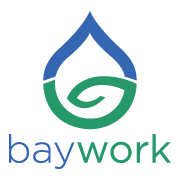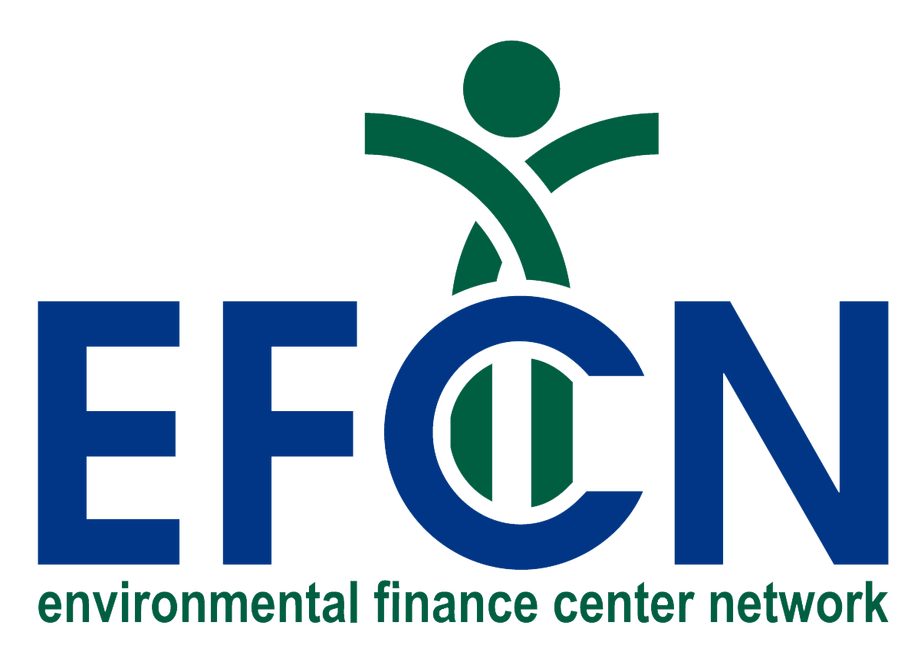RCAC: Nitrates
Webinar OnlyDescription: Worldwide, Nitrates are the most common chemical contaminant in groundwater aquifers. In 1980, nine drinking water wells in California had unsafe levels of Nitrates. By 2007, this acute contamination had spread to more than 648 wells. Nitrates continue to impact the health of California residents and the problem is only getting worse. This workshop will help you make informed decisions about mitigating this contaminant. Participants will learn: What Nitrates are How Nitrates get into drinking water The acute health effects of Nitrate exposure How to achieve compliance with Safe Drinking Water Act requirements for Nitrates An overview of the most used Nitrate treatment technologies Practical considerations when choosing an Nitrate treatment system Who should attend: operators, managers and board members that have an interest in providing nitrate-safe water to their customers. Accreditation: 2 California Drinking Water Contact Hours awarded. Contact hours have been approved for the Registered Environmental Health Specialist Program.




